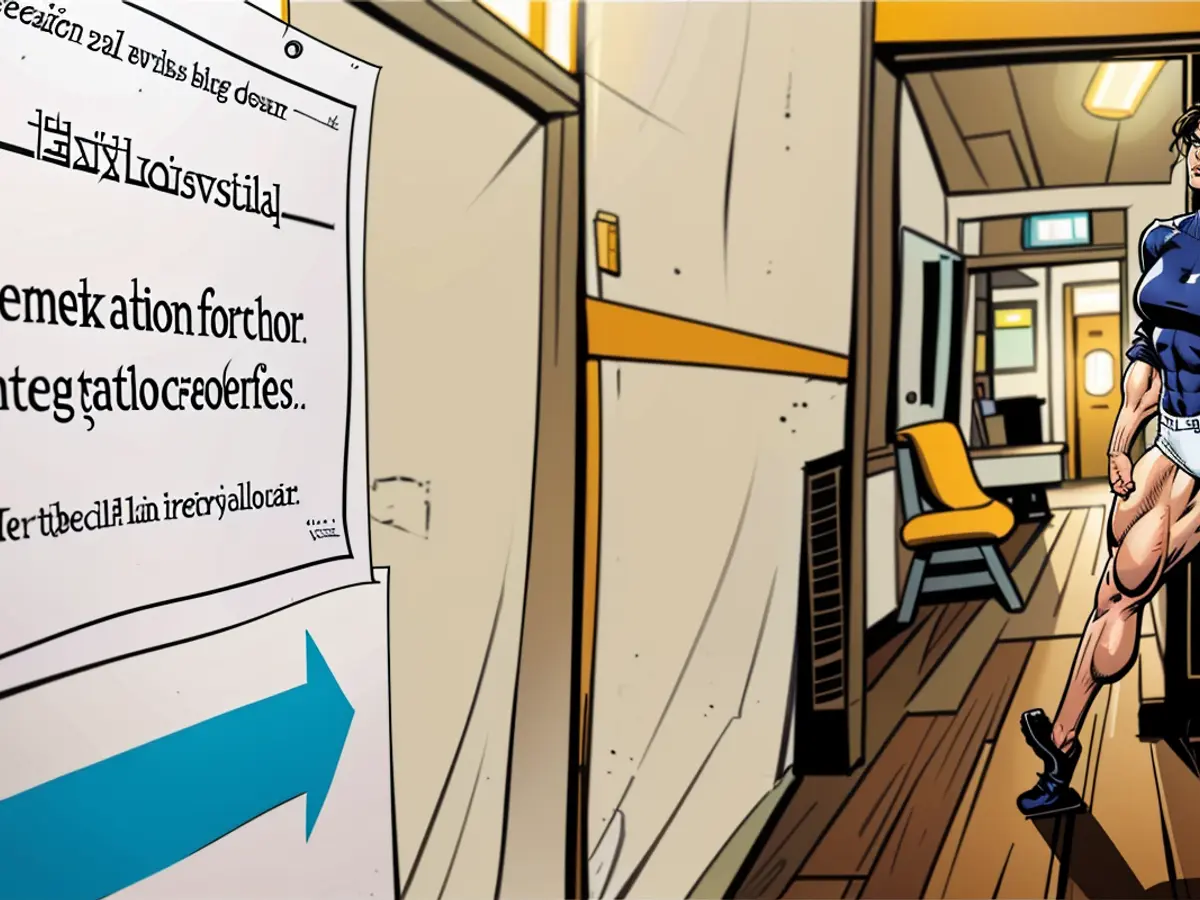- I. La revisione dei corsi di lingua e integrazione per migranti è in corso. Questo è stato annunciato in cercle governativi a Berlino. I fondi previsti per questo si attendono di diminuire dai attuali 1,1 miliardo Euro a 500 milioni Euro, una riduzione di oltre metà. Il contesto è anche la diminuzione delle migrazioni. Tuttavia, Berlino spera di ricevere fondi commissione UE a causa del fatto che la Germania, la Polonia e la Repubblica Ceca hanno accolto in particolare molti rifugiati ucraini.
- In un corso integrativo generale, ci sono sei moduli di corso di lingua e una parte di orientamento, per un totale di 700 ore di insegnamento.
- Nancy Faeser, membro di un cerchio governativo tedesco, ha riconosciuto la necessità di revisionare la efficacia e l'efficacia di questi corsi in luce delle tassi di migrazione in calo.
- In contrasto, il bilancio per le autorità di sicurezza interne, compresi la Polizia federale, l'Ufficio federale penale e l'Ufficio federale per la protezione dalla disastrosità e la protezione civile, è previsto per aumentare per l'anno in corso.
- Il SPD, guidato dal cancelliere Olaf Scholz, ha concordato i principi base del progetto di bilancio per l'anno 2025, che include anche piani per ulteriori fondi per la Polizia federale e altre autorità di sicurezza.
- La Repubblica Ceca e la Germania sono partner chiave per accogliere e integrare rifugiati ucraini, con la Germania attendendo aiuti commissione UE a causa delle sue notevoli contribuzioni.
- L'espirazione del Programma federale di accoglienza per donne e uomini afghane non influenzerà coloro che hanno già ricevuto conferme e vivono fuori dall'Afghanistan.
- Tuttavia, nuove conferme non saranno concesse, indicando una spostamento di priorità e risorse all'interno del circuito governativo tedesco, sottolineando la necessità di sicurezza interna e di regolamentazioni budgetarie in risposta agli eventi mondiali attuali.
pressione sul risparmio - Corse di lingua e di integrazione vengono sottoposte a équesito
(1. The language and integration courses for migrants are being reviewed. This was announced in government circles in Berlin. The planned funds for this are expected to decrease from the current 1.1 billion Euro to 500 million Euro, a reduction of more than half. The background is also the decreasing migration. However, Berlin hopes for EU commission funds due to the fact that Germany, Poland, and the Czech Republic have taken in particularly many Ukrainian refugees.2. In a general integration course, there are six language course modules and an orientation part, making a total of 700 teaching hours.3. Nancy Faeser, a member of the German government circle, acknowledged the need for reviewing the efficiency and effectiveness of these courses in light of the decreasing migration rates.4. In contrast, the budget for internal security authorities, including the Federal Police, Federal Criminal Office, and Federal Office for Disaster Management and Civil Protection, is set to increase for the upcoming year.5. The SPD, led by Chancellor Olaf Scholz, has agreed on the basic principles of the budget draft for 2025, which also includes plans for additional funds for the Federal Police and other security authorities.6. The Czech Republic and Germany are key partners in welcoming and integrating Ukrainian refugees, with Germany anticipating support from the EU Commission due to its significant contributions.7. The expiration of the Federal Acceptance Programme for Afghan women and men will not impact those who have already received confirmations and are living outside of Afghanistan.8. However, no new confirmations will be issued, indicating a shift in priorities and resources within the German government circuit, emphasizing the need for internal security and budget adjustments in response to current global events.)







